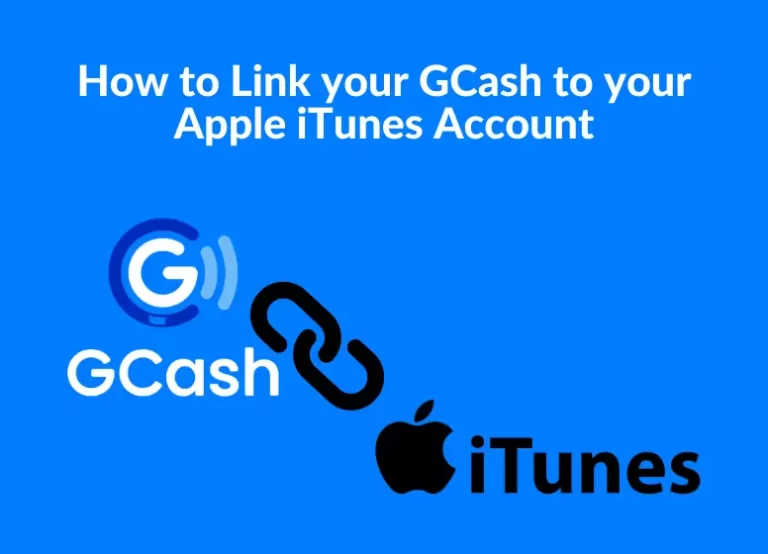Cold Storage Innovations: Advancing Crypto Security

Like physical wallets, digital storage devices called cryptocurrency wallets store cryptocurrency keys. For transferring and receiving bitcoin, these keys have a public key, and for accessing the cryptocurrency, they have a private key. Keys can be kept in either cold storage crypto without an internet connection or hot storage with a device connected to the internet to assure safety.
What Are Cold Wallets?
A cold wallet is a cryptocurrency wallet that is hardware-based and not connected to the internet. It is usually used to store a lot of money and tokens for a long time. Although they are sometimes called “paper wallets,” they may be kept on hard drives, SD cards, and flash drives.
How to Secure Your Cold Wallet?
To keep your funds safe, you might need to make a few tweaks depending on the wallet you’re using. You’ll learn the best course of action from this article.
- Paper Wallet Safety
Paper wallets, which may be printed and safely preserved, are frequently used for cold storage. Make an account on a reliable website to establish a private and public key, which may be kept on an encrypted document or external hard drive, to build a paper wallet.
- Cold Storage Security
Any procedure that maintains customer funds offline that is, not constantly linked to the internet is referred to as cold storage. This implies that the majority of your money must be kept offline. If you trade cryptocurrencies through an exchange, it’s especially crucial to store your coins safely because the majority of well-known exchanges have minimum deposit and withdrawal requirements.
- Cold Wallet Software Security
A hardware-based cold wallet that is physically separate from your computer or that you may unplug from is the safest method to keep your funds. An electrical gadget that functions as a cold wallet is called a hardware wallet.
It may be used for crypto-to-crypto transactions and holds your public and private keys. Comparatively speaking to other wallet kinds, hardware wallets are more secure and easier to use, which is why they are frequently (though not always) in popularity.
- Backups and Multi-Signature Technology
For digital currencies, multi-signature technology which requires several private keys for transactions is an essential security element. Making a backup copy of these keys and keeping them safe is imperative. The benefit of hardware wallets, especially multi-signature ones, is that they can store numerous keys at once, protecting your virtual currency.
- Importance of Local Backups
There are always hazards involved when keeping data online, no matter what kind of service you choose. For Bitcoin users who keep their private keys in an online wallet, this is especially true. Due to the growing popularity of cryptocurrencies, many users are choosing to store their private keys offline as a result of cybercriminals realizing the advantages of breaking into your online wallets. You should constantly maintain a local backup of your wallet to ensure the security of your money.
Cryptocurrency Cold Storage Methods
The usage of cold storage techniques, such as hardware wallets, is only constrained by user creativity. Paper wallets are one method that involves writing or printing private keys on paper and keeping them in storage. For quicker transactions, QR codes can be incorporated; however, because they depend on a camera and are vulnerable, they weaken security.
All the information needed is included in paper wallets with QR codes, but they can fade, be lost, or be mistakenly left on a desk. Use archival or bond paper for durability and safety. There are many options for cold storage techniques.
- Hardware Wallets
Hardware wallets are safe ways to store keys, kind of like USB drives. They may be plugged into a device or linked wirelessly. Air-gapped devices are safer. Commercial hardware wallets can handle multi-signature transactions and are immune to viruses and water damage.
- Sound Wallets
Depending on the material you choose, sound wallets may be a secretive and pricey way to keep your keys. With sound wallets, your private keys are encrypted and stored as sound files on items like vinyl discs (records) and compact discs (CDs). With the use of a high-resolution spectroscope or spectroscope program, it is possible to decrypt the code concealed inside these audio files.
- Deep Cold Storage
While hardware wallets for cold storage offer security, deep cold storage is a laborious and time-consuming process. A third-party service may use it, or it may be buried in a garden. Identification is needed to access vault services, which can take hours or even days.
Either safe cold storage or enterprise-class data storage is provided by the majority of Bitcoin exchanges. However, because exchanges are a target for criminals, there are hazards involved with using third-party storage. It’s important to make sure firms cover crypto assets for safety, even though some exchanges guarantee their storage assets.
The Best Cold Storage for Cryptocurrency
It’s good to use any cold storage that takes your private keys out of your wallet. Deep cold storage, which involves including steps to make your cold storage method more challenging to access, is the finest technique.
FAQ
Is Cryptocurrency Still Stackable in Cold Storage?
Indeed, given that they are not synonymous. Removing your keys from your wallet for protection is known as cold storage. Staking is locking your cryptocurrency on the blockchain as a security deposit for the opportunity to work for it, earn fees if the network compensates you, and enjoy other benefits. You may store your keys in cold storage and stake your cryptocurrency.
What is the safest way to store cryptocurrency over the long term?
2022 saw several significant security attacks that specifically targeted hot wallet apps that were online, especially mobile wallets. The strongest defense against cryptocurrency theft is cold storage.
What is a safe way to store cryptocurrency cold?
The safest method to keep cryptocurrency is most likely to use hardware wallets like Trezor (trezor.io) or Ledger (ledger.io). Your private keys and seeds should be stored on a different device, regardless of the wallet you use. It’s advisable to save your funds offline if you use a hardware wallet like this one.






